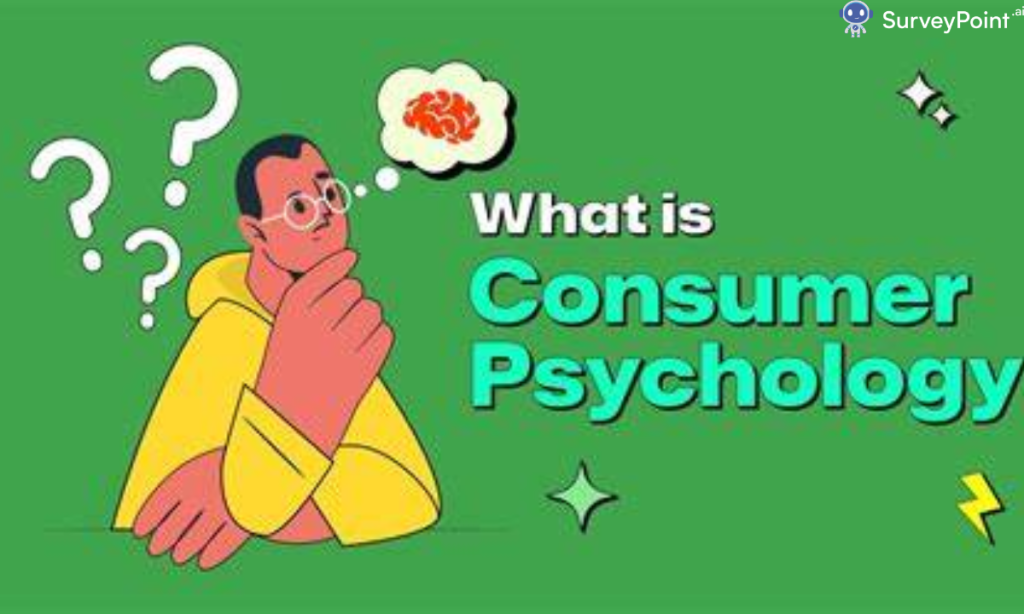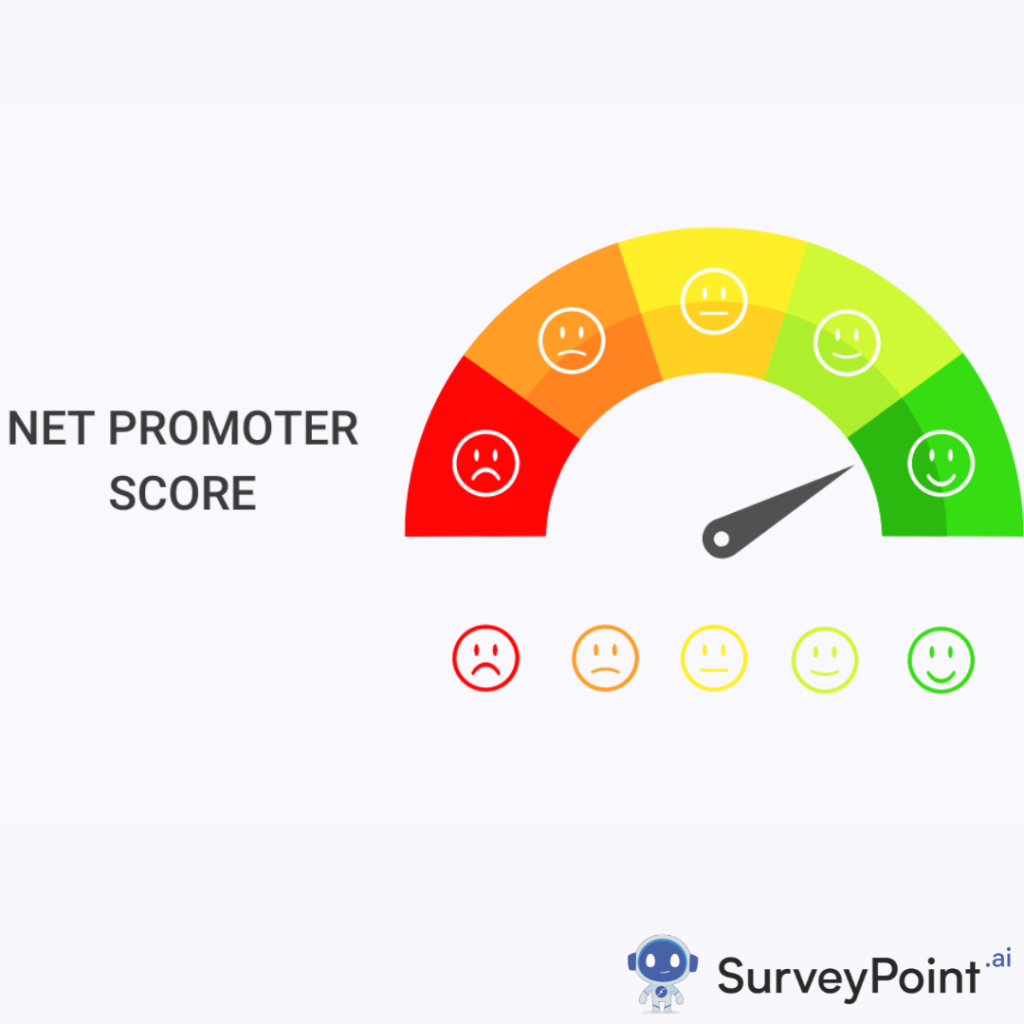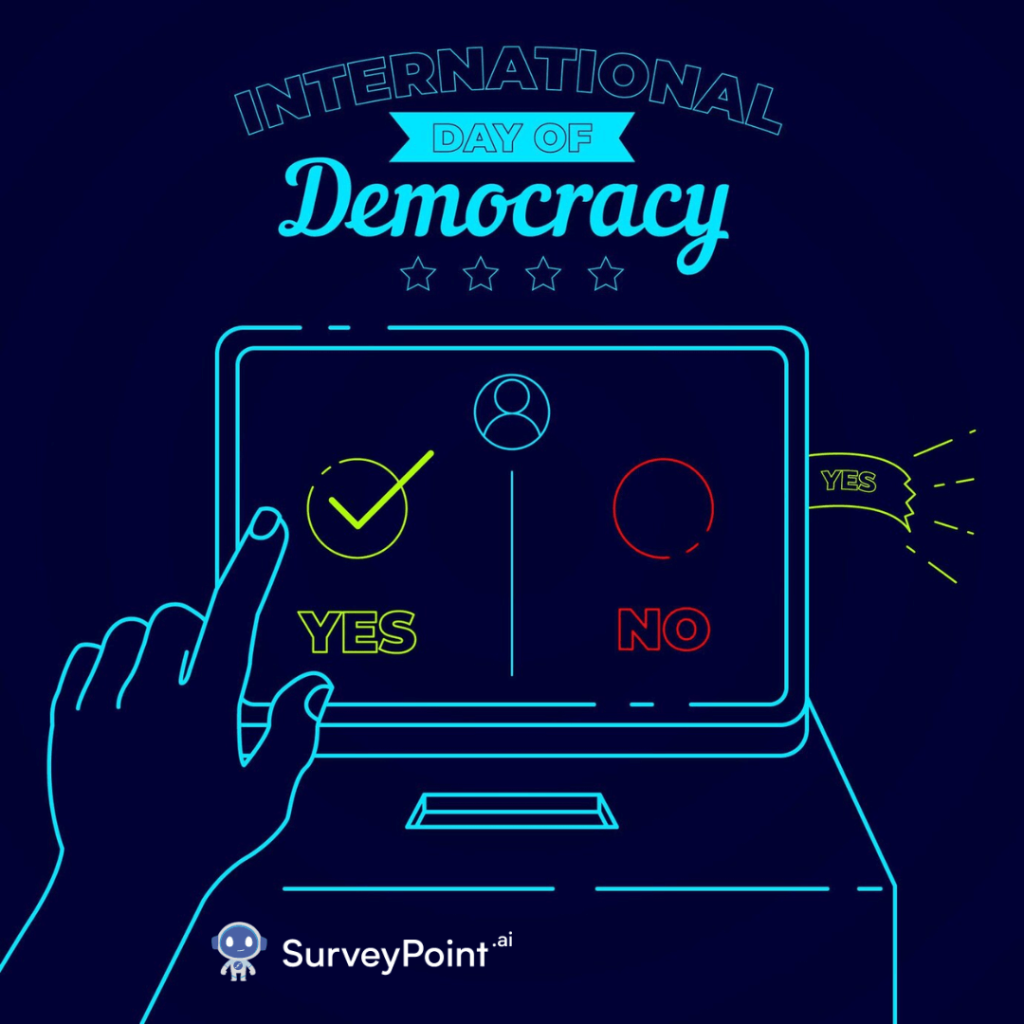
Consumer Psychology In the competitive world of business , understanding what drives consumers to make purchasing decisions is crucial for success. Consumer psychology, the study of how people think, feel, and act in the marketplace, provides valuable insights into these behaviors. By delving into the intricacies of consumer psychology, businesses can craft more effective marketing strategies, create products that resonate with their target audience, and ultimately drive sales.
The Basics of Consumer Psychology
At its core, consumer psychology examines the mental and emotional processes that influence individuals’ buying behavior. These processes are shaped by a complex interplay of factors, including personal motivations, social influences, cultural background, and psychological traits. By understanding these elements, businesses can better anticipate consumer needs, tailor their messaging, and position their products in a way that aligns with consumer desires.
Key Factors Influencing Consumer Behavior
- Needs and Motivations: At the heart of consumer behavior lies the concept of needs and motivations. According to Maslow’s hierarchy of needs, consumers are driven by a range of motivations, from basic physiological needs (such as food and shelter) to higher-order desires like self-actualization. Understanding where a product fits within this hierarchy helps businesses craft marketing messages that resonate with consumers’ underlying motivations.
- Perception: Perception refers to how consumers interpret and make sense of information. It is influenced by factors such as past experiences, expectations, and the context in which information is presented. For example, a luxury brand might use high-end imagery and sophisticated language to create a perception of exclusivity and quality. Marketers must carefully consider how their messaging and branding are perceived to ensure they align with the desired consumer image.
- Emotions: Emotions play a powerful role in consumer decision-making. Positive emotions, such as happiness, excitement, and trust, can drive consumers towards a purchase, while negative emotions, such as fear or anxiety, can deter them. Emotional branding, which seeks to create a deep emotional connection between consumers and a brand, is a strategy that many successful companies use to foster loyalty and encourage repeat purchases.
- Social Influences: Consumers are heavily influenced by the people around them, including family, friends, and broader social groups. Social proof, such as customer reviews, testimonials, and endorsements from influencers, can significantly impact buying decisions. Understanding the social context in which consumers operate allows businesses to leverage these influences to their advantage.
- Cultural Factors: Culture shapes consumers’ values, beliefs, and behaviors. What is considered normal or desirable in one culture may differ vastly from another. For example, individualistic cultures may prioritize personal achievement and self-expression, while collectivist cultures may emphasize community and conformity. Marketers must be aware of cultural nuances to effectively communicate with and appeal to diverse consumer groups.
- Cognitive Biases: Cognitive biases are systematic errors in thinking that affect decision-making. For example, the “scarcity effect” leads consumers to place higher value on products that are perceived as scarce or limited. The “anchoring effect” occurs when consumers rely too heavily on the first piece of information they receive, such as an initial price point, when making decisions. By understanding these biases, businesses can design marketing strategies that subtly guide consumer choices.
Strategies for Applying Consumer Psychology in Marketing
- Segmentation and Targeting: One of the first steps in applying consumer psychology is identifying different segments within your target market. This involves understanding the specific needs, motivations, and behaviors of each group and tailoring your marketing efforts accordingly. For instance, younger consumers may be more responsive to digital marketing campaigns, while older consumers might prefer traditional media.
- Brand Positioning: Effective brand positioning involves creating a distinct image in the consumer’s mind that sets your product apart from the competition. This is where understanding consumer perceptions, emotions, and cultural factors becomes crucial. A well-positioned brand resonates with its target audience by aligning with their values and aspirations.
- Storytelling: Humans are naturally drawn to stories, and brands that can tell compelling stories often succeed in creating emotional connections with consumers. Whether it’s the story of how a product is made, the values that drive a company, or the experiences of satisfied customers, storytelling can be a powerful tool in influencing consumer behavior.
- Personalization: In today’s digital age, consumers expect personalized experiences. Leveraging data to deliver targeted content, product recommendations, and personalized offers can significantly enhance consumer engagement. Personalization helps consumers feel understood and valued, increasing the likelihood of conversion.
- Utilizing Social Proof: Given the influence of social factors, incorporating social proof into marketing strategies can be highly effective. Highlighting positive reviews, showcasing user-generated content, and collaborating with influencers can build trust and encourage others to follow suit.
- Creating a Sense of Urgency: Techniques such as limited-time offers, countdown timers, and highlighting product scarcity tap into the consumer psychology of urgency and scarcity. These tactics can prompt quicker decision-making and increase sales by making consumers feel they need to act fast.
The Ethical Considerations
While consumer psychology offers powerful tools for influencing behavior, it is essential for businesses to use these insights ethically. Manipulative tactics that exploit cognitive biases or prey on consumers’ vulnerabilities can lead to short-term gains but may damage a brand’s reputation in the long run. Transparency, honesty, and a commitment to consumer well-being should guide all marketing practices.
Conclusion
Understanding consumer psychology is not just a key to effective marketing; it is the foundation of building lasting relationships with customers. By delving into the mental and emotional drivers of consumer behavior, businesses can create products and experiences that truly resonate with their audience. As markets become increasingly competitive, those who master the art and science of consumer psychology will be better equipped to not only attract but also retain loyal customers in the long term. For more information checkout- surveypoint.ai




